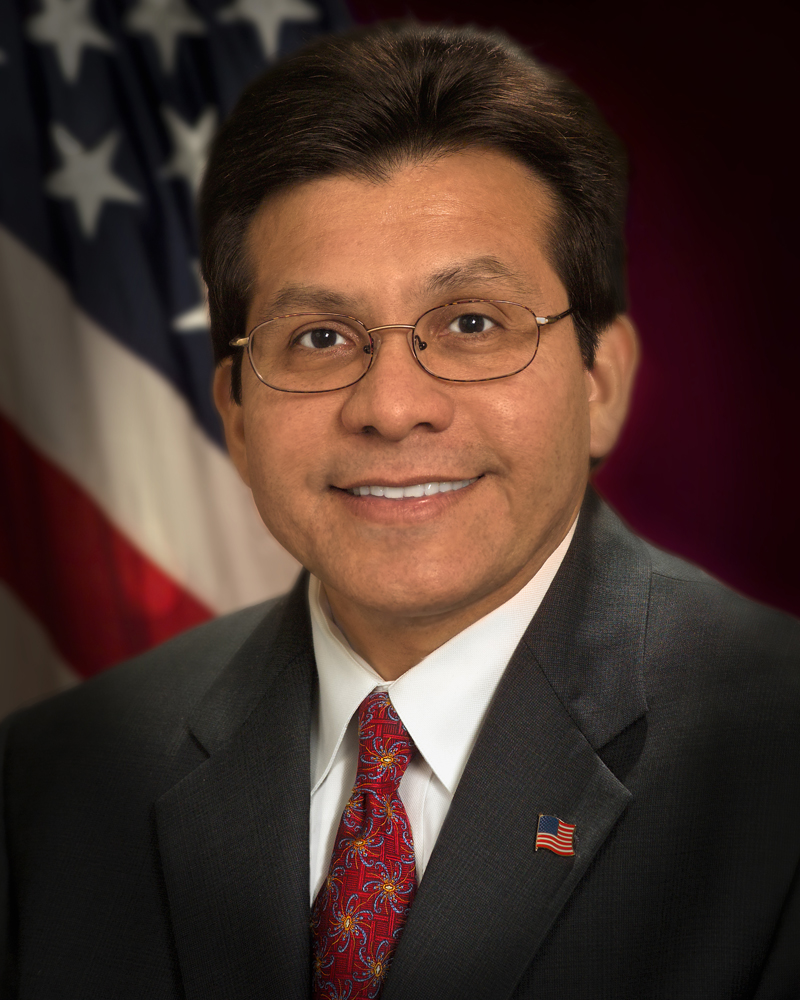 I have know about a generic form of the New York Times Rule for years. It came up in a more direct way a few months ago when in the midst of an admission by a faculty member that a faculty candidate had been invited to interview, in part, on a mistaken supposition about his race. In the course of the admission I asked if the faculty member would send an email confirming this. The answer, "I don't write anything down that I would not want to see on the front page of the New York Times."
I have know about a generic form of the New York Times Rule for years. It came up in a more direct way a few months ago when in the midst of an admission by a faculty member that a faculty candidate had been invited to interview, in part, on a mistaken supposition about his race. In the course of the admission I asked if the faculty member would send an email confirming this. The answer, "I don't write anything down that I would not want to see on the front page of the New York Times."Adherence to this rule is something the privileged learn at an early age -- from parents, teachers, big law firms?. When you think about it, it is not the New York Times rule that is the problem. It is the complementary rule -- "When you assert something that you may want to deny, speak it only." There is modern version of the NYTs rule that is the result of the proliferation of email. It says to ignore any question that one prefers not to answer. Think of it as taking the email Fifth. These are questions that would be answered if the interaction were in person. Somehow ignoring an email question provides the same kind of cover as the NYTs rule.
Why do the privileged prefer to disown what they say and how far does it go. For example, do observers of the NYT rule regularly lie in depositions or in public hearings as in "I do not recall having said that" ala Mr. Gonzales?
There is an economic explanation. People say and write things in order to get a desired response. It gives them power. If you can get the desired reponse at a low cost so much the better. In day to day communications, the "low cost" is saying things in a form that can be denied. The New York Times rule is yet another form of greed and excessive self-interest.
There is, however, another economic consequence. Wide-spread use of the NYTs rule means that what is uttered, as opposed to what is written, is something that cannot be relied upon. This raises the overall cost of communications.
No comments:
Post a Comment